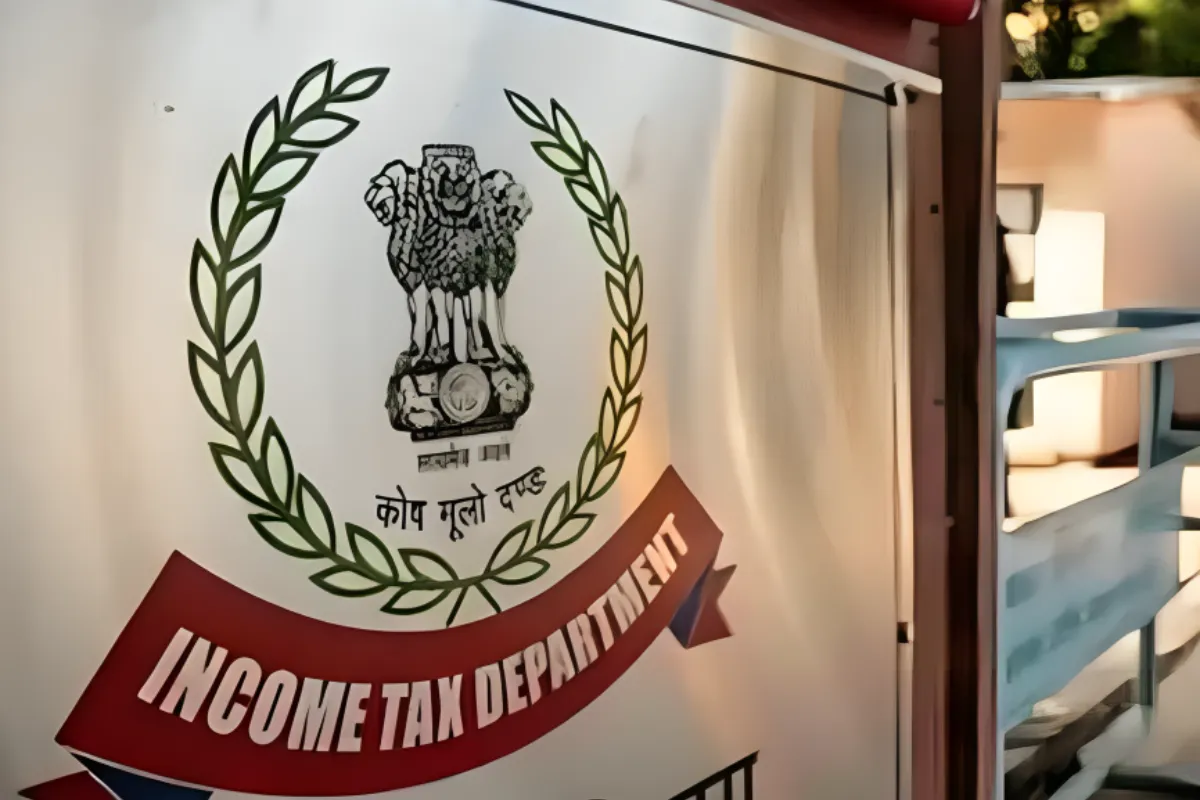Income Tax News: In a move aimed at easing the burden on taxpayers, the Income Tax department has established a cap of ₹1 lakh per taxpayer for the withdrawal of small tax demands. This decision aligns with the directives outlined in the interim budget, emphasizing the withdrawal of direct tax demands, particularly focusing on assessments up to the year 2015-16.
Background and Context
Finance Minister Nirmala Sitharaman, during the presentation of the interim budget for the fiscal year 2024-25, had previously announced the withdrawal of tax demands for the assessment year 2010-11, up to ₹25,000, and for the assessment years 2011-12 to 2015-16, up to ₹10,000. This initiative is anticipated to provide significant relief to taxpayers by alleviating financial pressures.
Key Provisions and Criteria
The recent official order issued by the Income Tax department delineates specific criteria for the withdrawal, focusing on demands until the assessment year 2015-16. Outstanding demands pertaining to income tax, wealth tax, and gift tax as of January 31, 2024, will be remitted and extinguished, subject to a maximum ceiling of ₹1 lakh for each taxpayer or assessee.
Scope of the Ceiling
The ₹1 lakh limit encompasses not only the principal component of the tax demand but also includes accrued interest, penalties, fees, cess, and surcharges. However, it’s important to note that this remission does not extend to demands raised against tax deductors or collectors under the Tax Deducted at Source (TDS) or Tax Collected at Source (TCS) provisions of the Income-tax Act.
Clarifications by CBDT
The Central Board of Direct Taxation (CBDT) has clarified that the prescribed limit covers outstanding demand entries in the tax authorities’ records, encompassing various components such as principal tax, interest, penalties, fees, cess, or surcharge under the relevant tax acts.
Exclusions and Limitations
It’s crucial to understand that the extinguishment of demands does not entitle taxpayers to claim credits or refunds, nor does it provide immunity from pending or contemplated criminal proceedings. Additionally, demands falling within the prescribed limits, despite being eligible for withdrawal, will not be extinguished if raised against entities obligated to deduct or collect tax at source under the provisions related to TDS or TCS.











